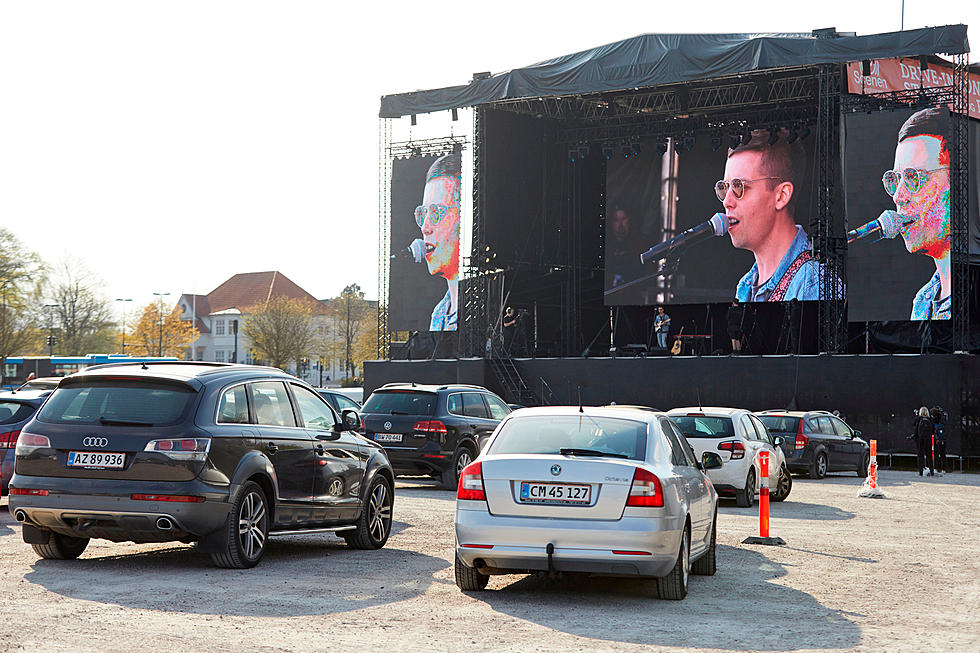
Could Drive-In Concerts Be the Way Forward?
Drive-in concerts could be the way live performances return to our lives in the coronavirus era, if the success of a recent event held in Denmark is anything to go by.
Pop-rock artist Mads Langer staged a show in the city of Aarhus last week, with 500 tickets selling out in six days. The platinum-selling performer played live, facing a lot where drivers observed social-distancing rules and listened to the music via their FM radios.
“With my first ever drive-in concert, I’m trying to adapt to the new reality as a performing artist and hopefully spread a little sunshine in your cars,” Langer said before the performance on April 24. “Bear with me if I stumble. I don’t know how to prepare for this!”
Forbes reported that fans gave the concert a thumbs-up; one attendee was even invited onto the stage to dance with Langer. The police were also happy with the results. “There are only positive messages from our people on the spot," an officer told local press. "People have behaved the way they should, and all the cars were out of [the] place within half an hour.”
Langer’s show was the first of a planned series of drive-in concerts.
Denmark, with a population of 5.8 million, has reported 9,158 cases of COVID-19 during the pandemic, with 452 deaths and 6,546 recoveries. The first case was confirmed on Feb. 27 with the infection peak occurring on April 13. Lockdown regulations began to loosen last week, though they’re currently set to continue in some form until at least mid-May.
Metallica drummer Lars Ulrich, who was born and grew up in Denmark, recently talked about how the Scandinavian nation dealt with the emergency. “Denmark was one of the first countries anywhere in the world to actually go into complete shutdown, and they have registered the lowest case numbers in all of Western Europe,” he said.
“Just about a week and a half ago now, they started opening up daycare and kindergartens and schools. … And I think they are off to a promising start. The numbers and the statistics and all that haven't radically changed. Actually, they continue to go down. ... What happened in some Asian countries when they started softening up some of the stay-at-home orders, the case numbers went up. But in Denmark so far, it looks promising.”
More From 102.7 KORD










